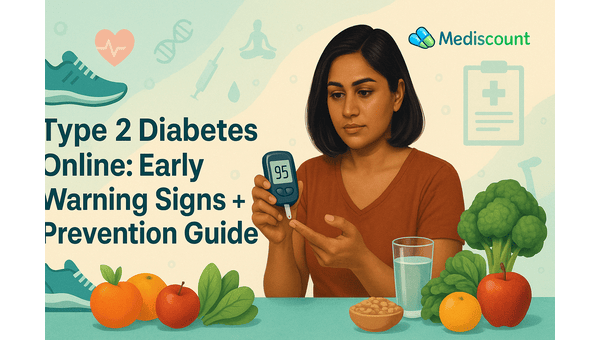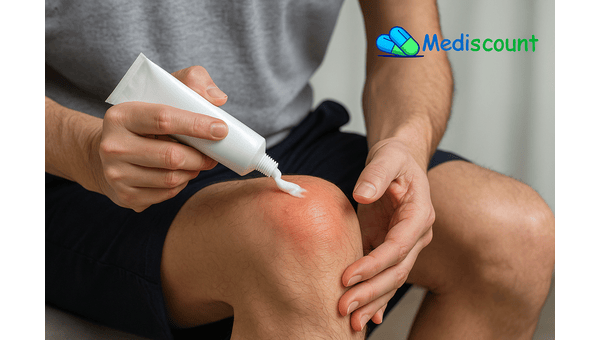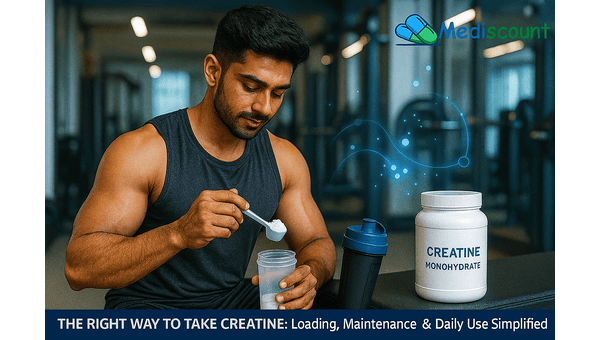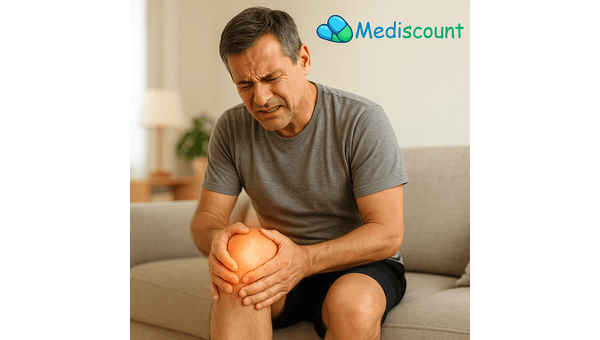Understanding the Common Causes of Knee Pain
Oct 16, 2025
Understanding the Common Causes of Knee Pain
People of all ages often complain about knee pain. Pain in the knee joint can make daily life very difficult, whether you are an athlete, a working person, or an older person. Knowing what causes knee pain can help you take the right steps to avoid it and treat it.
1. What does it mean to have knee pain?
When your knees hurt, they hurt, swell, or feel stiff around the joint. It can happen all at once after an injury or slowly over time because of too much use, getting older, or other health problems. The pain can be anywhere from mild soreness to severe, disabling pain.
2. Common Causes of Knee Pain: a. Injuries
Knee injuries are one of the main causes of knee pain. Some common examples are:
Ligament injuries (ACL, PCL, MCL): The ligaments that hold the knee together can be hurt by a sudden twist or hit.
Meniscus Tear: The meniscus is a cushion between your thighbone and shinbone. It can tear when you do things that make your knee rotate quickly.
Fractures: Accidents or falls can break bones around the knee, such as the patella (kneecap).
b. Arthritis
Arthritis is one of the most common long-term reasons why older people have knee pain.
Osteoarthritis: This happens when the cartilage wears down, which causes pain, swelling, and stiffness.
Rheumatoid arthritis is an autoimmune disease that affects joints on both sides of the body and can make the knees swell.
Gout and pseudogout are caused by crystals building up in the knee joint, which causes sudden, severe pain and swelling.
c. Too much use and stress from doing the same thing over and over
Running, squatting, and climbing over and over can put stress on the knee joint. Athletes and fitness fans often get conditions like Iliotibial Band Syndrome (ITBS) and Patellofemoral Pain Syndrome (Runner's Knee).
d. Problems with the machine
Pain can be caused by structural problems or bad movement patterns.
Dislocated Kneecap: The kneecap may move out of place.
Loose Body: A piece of bone or cartilage can move around in the joint, making it hurt and limiting movement.
Problems with the foot or hip: When the lower limb is not aligned properly, it can put extra stress on the knees.
e. Infections and swelling
In rare cases, septic arthritis or bursitis (inflammation of the fluid-filled sacs) can make the knee swell, feel warm, and turn red. This needs to be treated right away.
3. Signs to Look Out For
When you have knee pain, you may also have:
Swelling or tightness
Weakness or lack of stability
Sounds like popping or crunching
Not being able to fully straighten the knee
If these symptoms don't go away, you should see a doctor to avoid more damage.
4. How to Diagnose and Treat
Finding out what's wrong
To find out what's causing your knee pain, doctors may suggest physical exams, X-rays, MRIs, or blood tests.
Care
Pain relievers and anti-inflammatory drugs, such as Aceclofenac or Ibuprofen, can help with pain and swelling.
Physical therapy: Making the muscles around the knee stronger makes it more stable.
Changes in lifestyle: Managing your weight, stretching, and doing low-impact exercises are all good things to do.
Surgery: If you have severe injuries or advanced arthritis, you may need arthroscopy or joint replacement.
Mediscount.in is your trusted online pharmacy for real and cheap medicines, and you can easily buy knee pain relief medicines there.
5. Stopping Knee Pain
Here are some good ways to keep this from happening:
Keeping a healthy weight will help your knees feel better.
Before you do anything physical, warm up and stretch.
Put on shoes that fit well and have good cushioning.
Don't suddenly make your workouts harder.
Strengthen the muscles in your thighs and legs to help your knees.
6. When to Get Medical Help
If you have any of the following symptoms, see a doctor:
You are in a lot of pain or have a lot of swelling.
You can't put weight on your knee.
There is a visible deformity or instability.
The pain doesn't go away even with rest and medicine.
Knee pain can be caused by a number of things, from overuse to long-term arthritis. Early diagnosis and proper care are important for getting back your ability to move and feel comfortable. You can safely and affordably order painkillers, anti-inflammatory drugs, or joint supplements on Mediscount.in.
Pain Killers- PANGNOR SP 15 TAB
Knee Suplements- GLUCOZONE- C2 PLUS TABLETS GLUCOZONE- CG TABLETS
Recent Post

Mediscount's Guide to Better Digestion Online for Gut Health

Type 2 Diabetes Online: Early Warning Signs + Prevention Guide

High Blood Pressure – How to Lower It Naturally | Mediscount

How to Lose Weight Safely and Naturally: A Complete Guide by Mediscount

Top 10 Pain Relief Gels for Instant Relief from Muscle and Joint Pain

Top 10 Benefits of Creatine Monohydrate for Fitness and Brain Health

The Right Way to Take Creatine: Loading, Maintenance & Daily Usage Explained

Creatine Monohydrate: The Ultimate Workout Supplement for Strength and Performance

Power of Nature: A Complete Herbal Hair Oil Blend for Stronger, Healthier Hair

Daily Multivitamins, Multiminerals, and Antioxidants: The Foundation of Everyday Wellness


